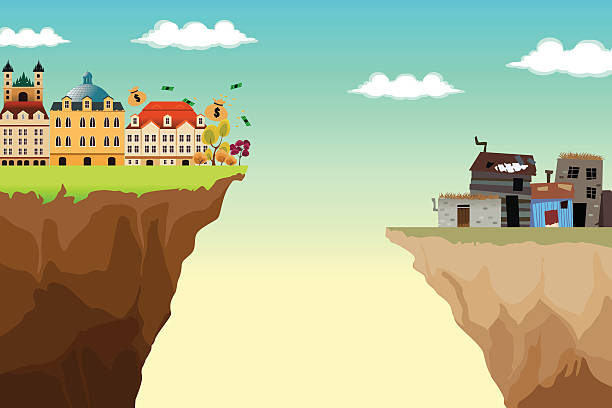1. Family Conflict

When considering the importance of family conflict as a cause of homelessness in the United States, it is important to keep in mind that this would mostly affect youth. Especially the youth that are part of LGBTQ+ because this percentage is very high. They tend to lose housing because of family rejection, discrimination, and evictions from public housing. Studies show that LGBTQ+ youth are more vulnerable to mental health issues and substance use than their “straight” peers, which impacts their risk for homelessness.
2. Lack of Resources

Since the creation of the United States, various racial minorities have experienced a higher percentage of people living in homelessness and poverty than the white population. These Discriminatory Acts were here since the beginning of United States history. African Americans/black Americans are treated as less than and although certain rules and laws prohibit such Behavior. There is prejudice and stereotypes linked to certain groups in the United States. Native Americans were kicked off their land and forced to live in certain areas in the United States. Racial discrimination does not only affects housing or incarceration but also one's ability to get a job.
3. Systematic issues

For a long time our society failed to call out issues that increase the homeless population in the United States. issues like the wage gap, racial inequality, and increase in cost and demand for houses. Even the lack of adequate and free healthcare causes a lot of families to go into debt because they are not able to pay their bills. There are many areas in the United States in which over 75% of the population lives below the poverty line. The government doesn't give enough funding to these areas. by simply implementing more funds towards the education system or building shelters to change this to systemic issues.
4. Lack of Affordable Housing

More than fifty percent of homeless people cannot afford to pay rent to seek shelter in comfortable homes. The inability to pay the rent has become one of the most rooted reasons for people becoming homeless. When people are not able to afford the rent, they are bound to leave their homes and as a result, they become homeless. The lack of affordability of rent has left many people with no options, other than being homeless. Without affordable housing, people find themselves with fewer options. It becomes harder to find housing near a place of work or in a safe area.
5. Unemployment

With layoffs and workplace discrimination still actively existing in today’s society, not everyone is lucky enough to find a secure place in the workforce. The contingent nature of any job is enough to speak for itself. Putting yourself in the shoes of others can be difficult, but the truth is that anyone can be faced with unforeseen workplace misfortunes. This sudden loss of income can force someone to stop paying their rent, which can then turn into eviction and homelessness. Once a person is unemployed for a time, they can easily slip into homelessness.
6. Poverty
On a global scale, poverty is one of the most significant root causes of homelessness. Stagnant wages, unemployment, and high housing and healthcare costs all play into poverty. Being unable to afford essentials like housing, food, education, and more greatly increases a person’s or family’s risk. To address homelessness effectively, governments and organizations need to address poverty.Some people experiencing homelessness may have a job, but it might be low paying, leaving them unable to afford things they need like housing and food. Evictions and foreclosures can happen in an instant, and even with steady jobs, many are left without a home and nowhere to go. This is more common than you may think.
7. Racial Inequality

Since the creation of the United States, various racial minorities have experienced a higher percentage of people living in homelessness and poverty than the white population. These Discriminatory Acts were here since the beginning of United States history. African Americans/black Americans are treated as less than and although certain rules and laws prohibit such Behavior. There is prejudice and stereotypes linked to certain groups in the United States. Native Americans were kicked off their land and forced to live in certain areas in the United States. Racial discrimination does not only affects housing or incarceration but also one's ability to get a job.
